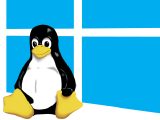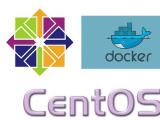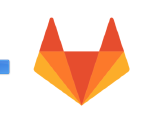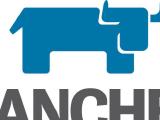Lightning speed development on Windows 10 with WSL 2, Docker, Terminal and Jetbrains IntelliJ/PyCharm/PHPStorm
·5 mins
Developing on Windows was challenging before Microsoft introduced WSL 2. Running Linux Virtual Machines with SMB/CIFS shares mounted into Windows was the best solution I could come up before there were tools like Vagrant. But all these solutions have one common problem. They mounted a Windows volume in Linux or visa versa which resulted in (very) poor I/O performance. Fortunately, WSL 2 resolves all these issues by running Docker and IDE’s like Jetbrains IntelliJ, PyCharm and PHPStorm in WSL 2.




